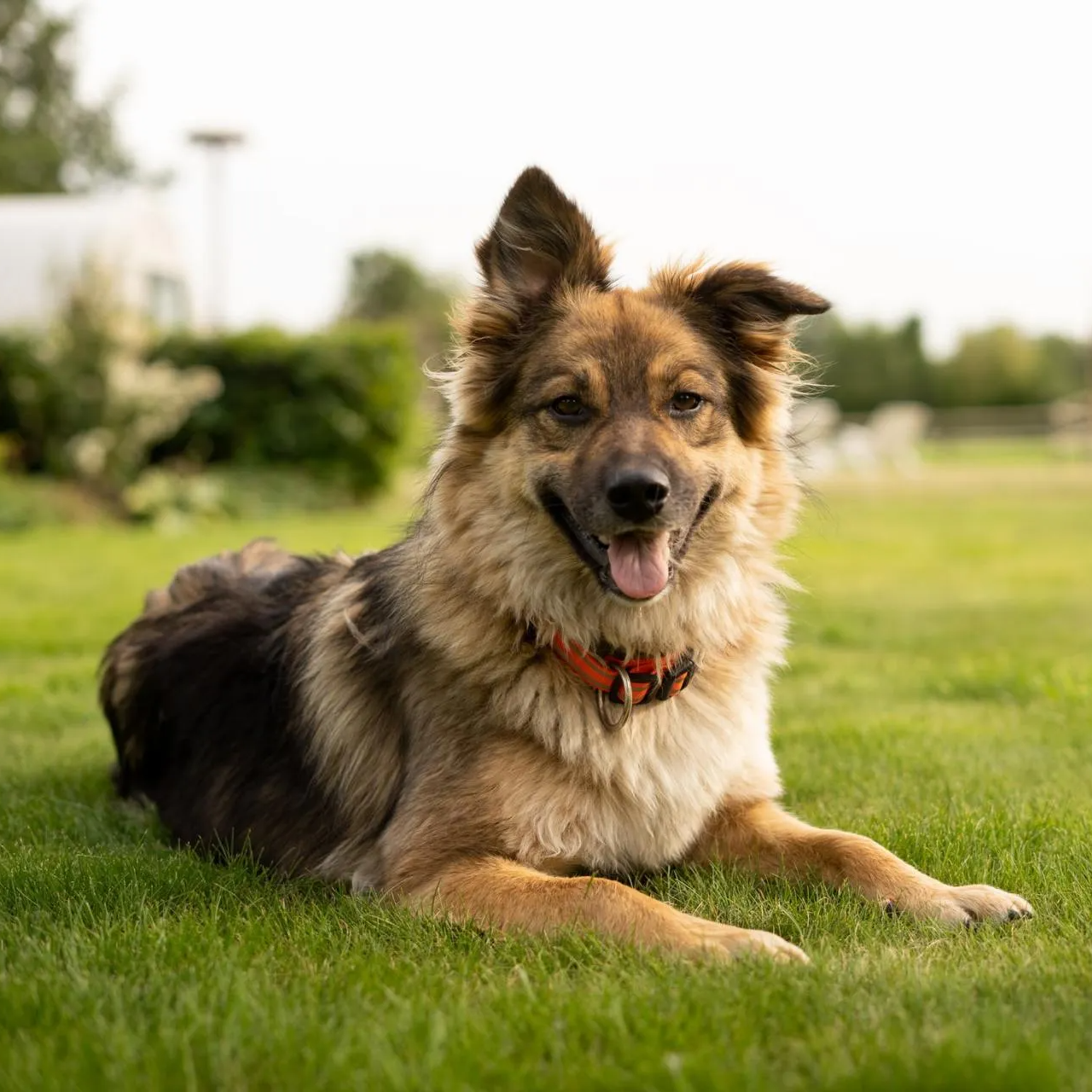Veterinarian | 10 Worst Foods You Can Feed Your Pet
You may be surprised that some foods you eat daily are bad for your pet. From chocolate and grapes to onions and garlic, there are several foods you should never give your pet. This blog post will explore 10 of the worst foods you can feed your pet. Read on to learn more!
Read Post
1. Chocolate
Chocolate contains theobromine, an alkaloid that can be toxic to pets. It can cause severe heart and nervous system issues, especially for cats and dogs. If your pet ingests chocolate, keep an eye out for vomiting, diarrhea, restlessness, and increased thirst. Contact your veterinarian immediately if you notice any of these symptoms. Chocolates are particularly dangerous for small dogs and cats, so keep them out of reach at all times.
A small amount of dark chocolate may not cause as much harm as milk or white chocolate, but it is still best avoided. Many pet owners experience the tragedy of losing a beloved pet due to chocolate poisoning. Don't risk it - keep your furry friends safe and give them treats specifically designed for their nutritional needs. With so many delicious treats, there's no need to risk their health with dangerous chocolate.
2. Onions and Garlic
Onions, garlic, chives, and leeks contain compounds that can damage red blood cells if eaten large enough, leading to anemia. One most common symptoms of anemia are fatigue and lack of energy. Dogs tolerate garlic much better than onions, but it's still best to keep them away from your pet's plate. Eating garlic can cause an upset stomach, vomiting, and diarrhea.
Cats are even more sensitive to these compounds than dogs are and should never be fed these foods. If you cook with onions or garlic, keep your pet out of the kitchen while you’re cooking – the steam or smoke from cooked onions and garlic can also be harmful. They can lead to red blood cell damage when breathed in, so it’s best to keep your furry friend away from these ingredients.

3. Xylitol
This artificial sweetener is poisonous to animals, causing rapid drops in blood sugar and potentially fatal liver damage. It contains harmful toxins and should not be fed to pets. Symptoms of xylitol poisoning can include vomiting, weakness, and seizures. If you think your pet has ingested any products that contain this sugar substitute, seek veterinary care immediately. Xylitol is found in many products, including sugar-free gum, candy, baked goods, and toothpaste.
Be sure to keep them out of reach of your pets. If you have any questions, always talk to your veterinarian. Maybe it's good for a human, but it should be avoided when feeding your pet. With its potential for severe, life-threatening health problems, this is one of the worst foods you can provide your pet.
4. Avocado
The leaves, fruit, seeds, and bark of avocados contain persin, which can cause vomiting and diarrhea in pets. It’s also toxic to birds. An avocado-free diet is the best way to keep your pet safe. At the very least, ensure your pet has no access to the skin and seeds of an avocado. You should also be careful about feeding them guacamole or any other food with avocado as an ingredient. Its harmful effects are not limited to dogs and cats and can be dangerous for other pets.
Mostly, it’s the persin in the fruit that’s toxic and can be found in all parts of an avocado plant, so make sure your pet is kept away from any part of this food. Avocados are also high in fat, which can contribute to pancreatitis in pets if consumed regularly or in large amounts. For these reasons, it’s best to avoid giving avocados to your pet altogether.

5. Raw Eggs
Eating raw eggs can lead to a biotin deficiency in pets and an increased chance of salmonella or E. coli poisoning. When your pet consumes raw eggs, they risk becoming ill due to the bacteria in them. Additionally, when cooked, an enzyme is present in raw egg whites, which can cause skin and coat problems for your pet. It's important to avoid feeding your pet any raw food as it can be dangerous for their health.
In addition, raw eggs should not be given to cats as they lack the necessary enzymes to digest them properly. Veterinaries recommend always cooking eggs before giving them to your pet. Your pet can still benefit from their nutrients with cooked eggs without risking a health issue.
6. Grapes and Raisins
Grapes and raisins have been known to cause kidney failure in dogs, although the exact toxin isn’t known. If your dog does eat grapes or raisins, watch for signs of vomiting, lethargy, and loss of appetite. If you notice any of these symptoms, contact your vet immediately. Grapes and raisins contain unknown toxins that can cause severe issues for your pet, so it’s best to keep them away from your furry friend.
There are plenty of other snacks that you can give your pet instead, such as dog-safe fruits and vegetables. It will be better for their overall health and well-being. However, if you want to give your pet some grapes or raisins, ensure they are well-washed in small amounts.

7. Caffeine
Caffeine can be highly toxic to cats and dogs. If ingested, it can cause rapid heart rate, seizures, excessive thirst, restlessness, and even death. The effects of caffeine on pets can vary depending on the animal's size and the amount consumed. It is essential to keep caffeinated beverages and snacks away from pets.
In addition, chocolate is a typical food containing caffeine, so be sure to keep that out of reach. Moreover, chocolate also contains theobromine, which can be even more dangerous to pets. That said, it’s always best to keep chocolate away from your pet.
8. Macadamia Nuts
These nuts contain an unknown toxin that can cause weakness, depression, vomiting, tremors, and hyperthermia in pets. Symptoms typically begin within 12 hours of ingestion and can last up to 48 hours. Macadamia nuts should be kept away from pets, even if cooked or processed. Macadamia nuts are especially dangerous for dogs. If your puppy consumes these nuts, get them to the veterinarian as soon as possible for treatment.
This will help to reduce the intensity of the symptoms and prevent any long-term effects. It’s best to keep macadamia nuts away from all pets, as cats are susceptible to their toxic effects. If your cat consumes macadamia nuts, seek veterinary attention immediately. Treatment may include activated charcoal for decontamination, intravenous fluids, and other supportive care.
9. Alcohol
Even a small amount of alcohol can cause serious problems for pets, including vomiting, diarrhea, central nervous system depression, and even death. Alcoholic drinks, beer, wine, and foods containing alcohol should always be kept away from pets. Also, never give your pet medicine containing alcohol as an inactive ingredient.
Whatever the case, always speak to your veterinarian before giving your pet any medication. However, if your pet has accidentally ingested alcohol, immediately contact your veterinarian or a pet poison control hotline.
10. Raw or Undercooked Meat
Uncooked meat or fish can be contaminated with bacteria such as salmonella or E. coli which can make your pet very sick. It can also contain parasites which can cause severe health problems. Additionally, uncooked bones can splinter and cause choking or other internal damage. It's best to always cook meat and fish thoroughly before feeding them to your pet.
Most commercial pet foods are already cooked, so there is no need to give your pet raw food. With that said, some pet foods on the market contain raw ingredients. If you choose to give your pet a raw diet, research the best and safest ways. Always talk with your veterinarian before making any dietary changes for your pet.
Summary
In conclusion, being aware of the worst foods you can feed your pet is essential. While some people may consider certain human snacks as treats, they could cause adverse effects on a pet's health. Such items include onions, garlic, chocolate, caffeine, grapes and raisins, alcohol, sugar-free candies containing xylitol, and macadamia nuts. It is also important to watch portion size and avoid overfeeding, as this can lead to obesity and other health problems down the line.
At Pet Medical Center of Ames in Ames, IA, we want to help ensure the health and happiness of your pet. We provide comprehensive veterinary services tailored to each pet's unique needs, and our experienced veterinarians can recommend appropriate diets and nutrition plans. Make sure to call us at (515) 232-7204 for more information or to schedule an appointment today!
